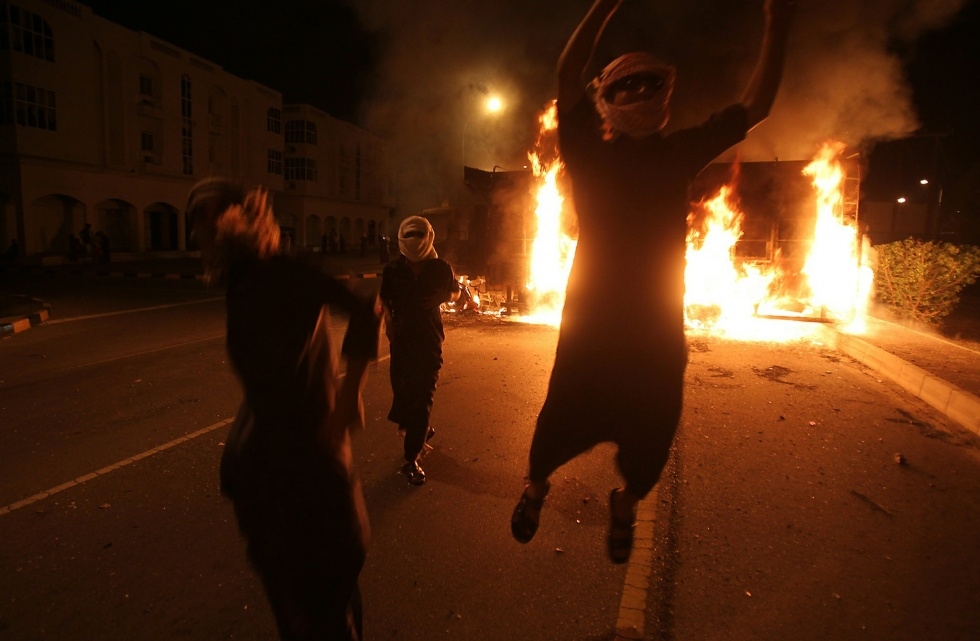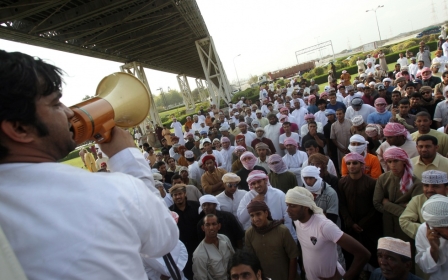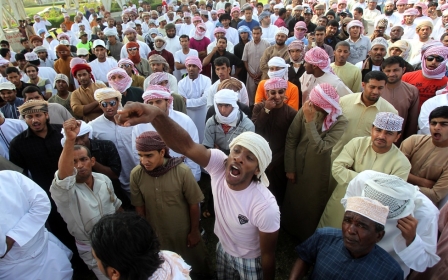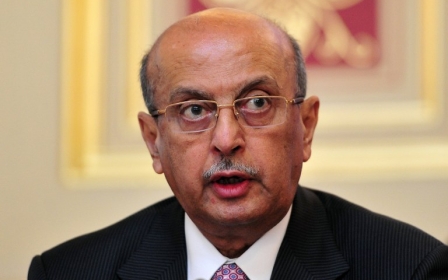Oman's economic policies spark rare protest on Twitter

Social media users in Oman are protesting against a decision by the government to remove price protection for around 70 products, saying that it will deepen an already severe wealth divide in the Gulf Sultanate.
Two hashtags, “Statement Denouncing The Decision Of The Council Of Ministers” and “Against The Decision By The Council Of Ministers On Consumer Protection”, have provoked more than 10,000 tweets in two days, with an Omani social media monitor describing the activity as “exceptional.”
Oman’s Council of Ministers decided on 15 June to lift price controls on dozens of products, with 23 staple items still falling under the auspices of the Public Authority for Consumer Protection.
The decision has also attracted political criticism, with a representative from the Shura Council telling Omani news site al-Atheer that “the decision was taken on account of traders, and not on account of the consumer.”
Oman’s Minister of Commerce and Industry, Dr Ali Bin Masoud al-Suaidy, said that the decision to lift price controls was taken “in line with the principles of free market economics” and within the framework of Oman’s hopes of joining the World Trade Organisation.
Many social media users in Oman, a country where an estimated 20% of the population use Twitter, have demonstrated their anger at the lifting of price controls, with suggestions that the decision will exacerbate poverty and corruption.
Translation: How long will we have mouths starved and media misinformation?
Translation: The government must truly nationalise those companies that will increase their profits by a million riyals. Nationalisation must be at a level of 90 percent #Statement Denouncing The Decision Of The Council Of Ministers
Translation: A picture that clarifies the situation of the country #Statement Denouncing The Decision Of The Council Of Ministers
Translation: “Exceptional” participation in Oman on the hashtags:
#Against the decision by the council of ministers to protect the consumer
#Statement denouncing the decision of the council of ministers
Will the twitter pressure be successful?
Oman’s economy was at the heart of public protests that rocked the sultanate, which is ruled by 73-year old Sultan Qaboos, back in 2011.
Youth unemployment is estimated at around 25 percent, and in February 2013 authorities raised the official minimum wage by 60% to around $844 per month in an attempt to prevent further protest, reports Reuters.
Still, Omanis are facing a rising cost of living, and with rulers apparently edging towards free-market economic policies, there are fears that small numbers of companies and individuals will be able to control a larger stake in the country’s economy.
Khalfan al-Badwawi, an Omani activist living in the UK, told MEE that “the products that have now been opened up to the market will likely rise in price, making it difficult for people to meet the rising cost of living.”
“I agree somewhat with the decision, but there should be full economic reform so that there is fair competition in Oman.”
“Measures must be put in place to prevent a monopoly of wealth. Currently 9 people, mostly advisors to the Sultan, control around 90 percent of the country’s wealth.”
“This decision in its current form will make the rich people richer and the poor people poorer.”
“This government has made people accustomed to relying on the state for everything. ‘If I want to get married, the government should help me. If I want a job, the government should help me.’ This is the people’s mentality.”
“This needs to change so that people are self-sufficient. But this [dependency] explains why people are angry.”
“People are beginning to question the Sultan. He is silent and hides from us, and he needs to show that he is willing to undertake proper economic and political reform in Oman.”
Stay informed with MEE's newsletters
Sign up to get the latest alerts, insights and analysis, starting with Turkey Unpacked
Middle East Eye delivers independent and unrivalled coverage and analysis of the Middle East, North Africa and beyond. To learn more about republishing this content and the associated fees, please fill out this form. More about MEE can be found here.




